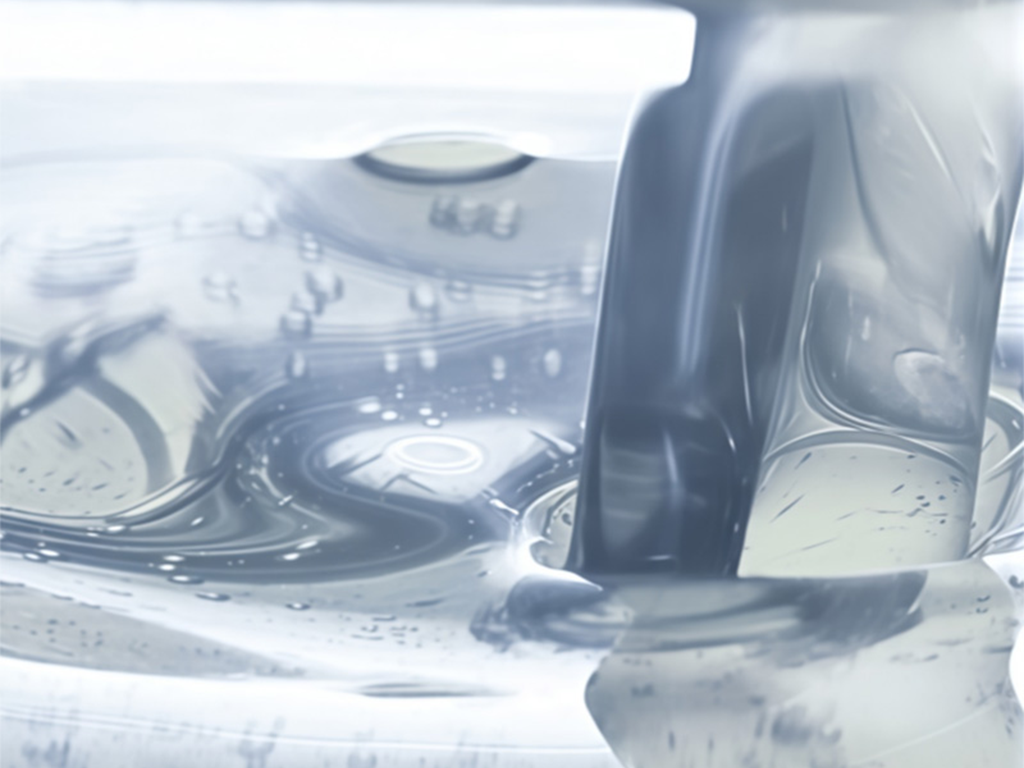Los polímeros acrílicos tienen diversas aplicaciones en distintas industrias debido a sus propiedades personalizables, incluyendo flexibilidad, adherencia y resistencia química. En adhesivos, son el componente principal de adhesivos sensibles a la presión a base de agua (PSA) utilizados en cintas para embalaje, etiquetas y cintas médicas, donde su tack y flexibilidad garantizan una unión fiable a diversos sustratos. La industria de recubrimientos utiliza polímeros acrílicos en pinturas arquitectónicas, acabados automotrices y recubrimientos industriales, aprovechando su resistencia a la intemperie, retención de brillo y bajo contenido de COV para cumplir con las normas ambientales. En el sector del embalaje, forman películas y recubrimientos protectores para envases alimentarios, proporcionando barreras contra la humedad y el oxígeno para prolongar la vida útil. Las aplicaciones médicas incluyen parches transdérmicos, apósitos para heridas y recubrimientos para dispositivos médicos, donde los polímeros acrílicos biocompatibles garantizan seguridad y adherencia a la piel. Las industrias textil y del cuero los utilizan como aglutinantes y acabados para mejorar la durabilidad y resistencia al agua. La construcción utiliza polímeros acrílicos en selladores, masillas y membranas impermeabilizantes, beneficiándose de su flexibilidad y resistencia a la radiación UV. Las aplicaciones emergentes incluyen resinas para impresión 3D, donde los polímeros acrílicos permiten impresiones de alta resolución, y materiales inteligentes (por ejemplo, adhesivos responsivos a estímulos). E Plus Chemical Co., Ltd. apoya estas aplicaciones con polímeros acrílicos personalizados, producidos mediante polimerización catalítica avanzada, ofreciendo formulaciones personalizadas (por ejemplo, mejorada resistencia a la intemperie, baja toxicidad) para satisfacer necesidades específicas de cada industria, contando con una capacidad anual de 240.000 toneladas que asegura un suministro suficiente para aplicaciones a gran escala.
